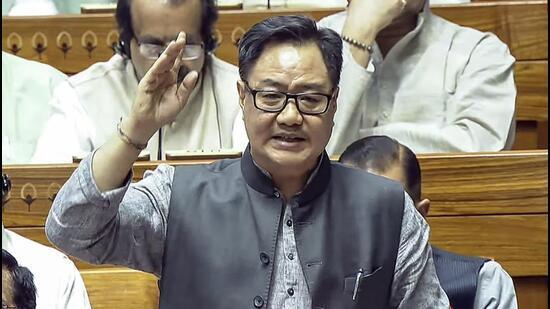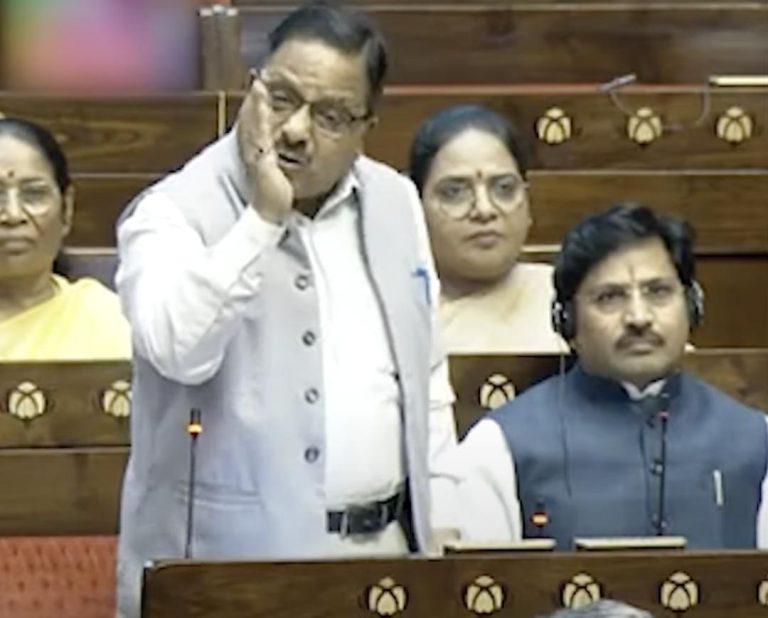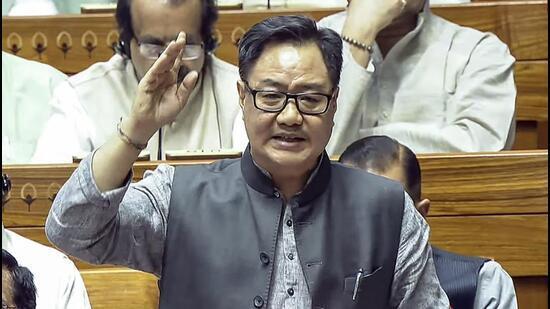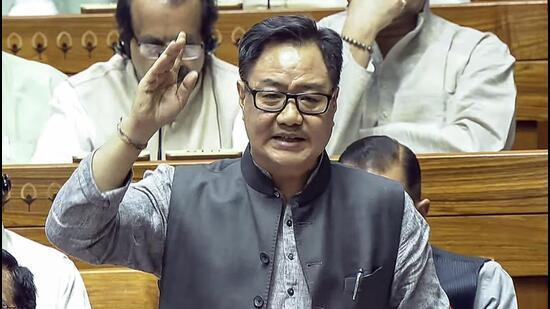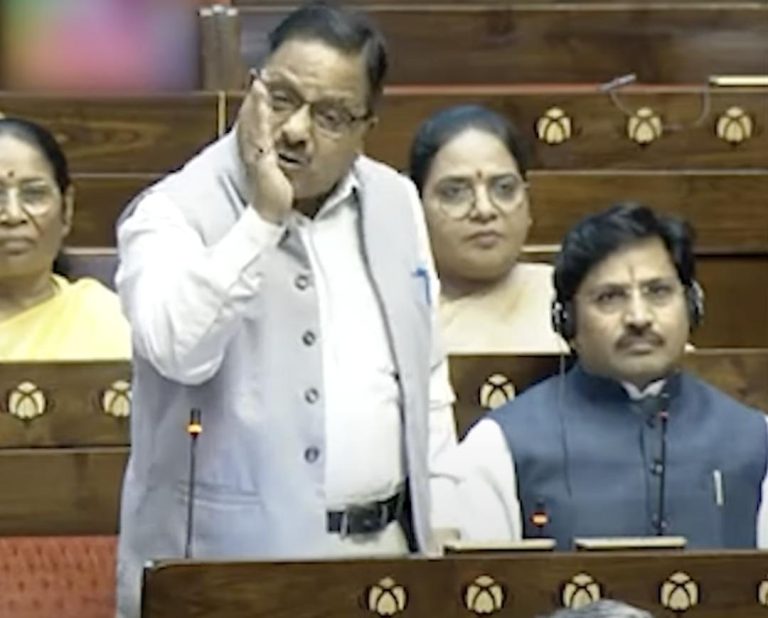
Booth-wise Vote Data Not Uploaded by EC: AAP Ahead of Poll Results
As the Delhi Assembly polls are just around the corner, the political atmosphere in the national capital is heating up. Amidst the intense campaigning, the Aam Aadmi Party (AAP) has raised a crucial issue, which has sparked a debate about the transparency of the electoral process. AAP chief Arvind Kejriwal has alleged that the Election Commission (EC) has refused to upload Form 17C and booth-wise vote data on its website, despite repeated requests. In response, the AAP has taken the initiative to upload this crucial information on its own website.
In a tweet, Kejriwal expressed his disappointment and frustration with the EC’s decision. He stated, “AAP has made a website where we’ve uploaded all Form 17C of every assembly. EC should’ve done this, but they’re refusing to do it.” The tweet was accompanied by a link to the AAP’s website, where the Form 17C data is available for public viewing.
For those who may not be familiar with the importance of this data, Form 17C is a crucial document that provides information on the number of votes polled per booth in each Assembly constituency. This data is essential for voters to make informed decisions and for political parties to analyze the voting patterns and trends. The lack of transparency in uploading this data has raised concerns about the EC’s commitment to democratic values and its willingness to ensure a free and fair election.
The AAP’s decision to upload the Form 17C data on its website has been widely appreciated by the public and other political parties. The move is seen as a step towards increasing transparency and accountability in the electoral process. By providing access to this data, the AAP has demonstrated its commitment to democratic values and its willingness to take the EC to task for its failure to do so.
The EC’s refusal to upload Form 17C data has been criticized by many as a deliberate attempt to suppress information and maintain a veil of secrecy around the electoral process. This is not the first time that the EC has faced criticism for its lack of transparency. In the past, the EC has been accused of being slow to respond to queries and of failing to provide adequate information to the public.
The AAP’s decision to upload Form 17C data on its website is a significant departure from the EC’s usual practices. The EC has traditionally been reluctant to share detailed information about the electoral process, citing security concerns and the need to maintain the integrity of the election. However, the AAP’s move has shown that it is possible to provide transparent information to the public without compromising the security and integrity of the election.
The AAP’s website provides a comprehensive breakdown of the Form 17C data, including the number of votes polled per booth in each Assembly constituency. The data is presented in a user-friendly format, making it easy for voters to access and analyze the information. The website also provides information on the average voter turnout and the winning margin of each candidate in each constituency.
The EC’s refusal to upload Form 17C data has been criticized by many as a deliberate attempt to suppress information and maintain a veil of secrecy around the electoral process. This is not the first time that the EC has faced criticism for its lack of transparency. In the past, the EC has been accused of being slow to respond to queries and of failing to provide adequate information to the public.
The AAP’s move has significant implications for the Delhi Assembly polls. By providing access to Form 17C data, the AAP has given voters the information they need to make informed decisions. The data can be used to analyze the voting patterns and trends in each constituency, which can help voters to identify the most effective candidates and parties.
The EC’s refusal to upload Form 17C data has also been criticized by other political parties, who have accused the EC of being biased and partisan. The EC’s refusal to provide transparent information has raised concerns about the integrity of the election and the EC’s ability to ensure a free and fair poll.
In conclusion, the AAP’s decision to upload Form 17C data on its website is a significant step towards increasing transparency and accountability in the electoral process. The EC’s refusal to do so has been criticized by many as a deliberate attempt to suppress information and maintain a veil of secrecy around the electoral process. The AAP’s move has significant implications for the Delhi Assembly polls and has given voters the information they need to make informed decisions.
Source: https://x.com/ArvindKejriwal/status/1887809743932022837
